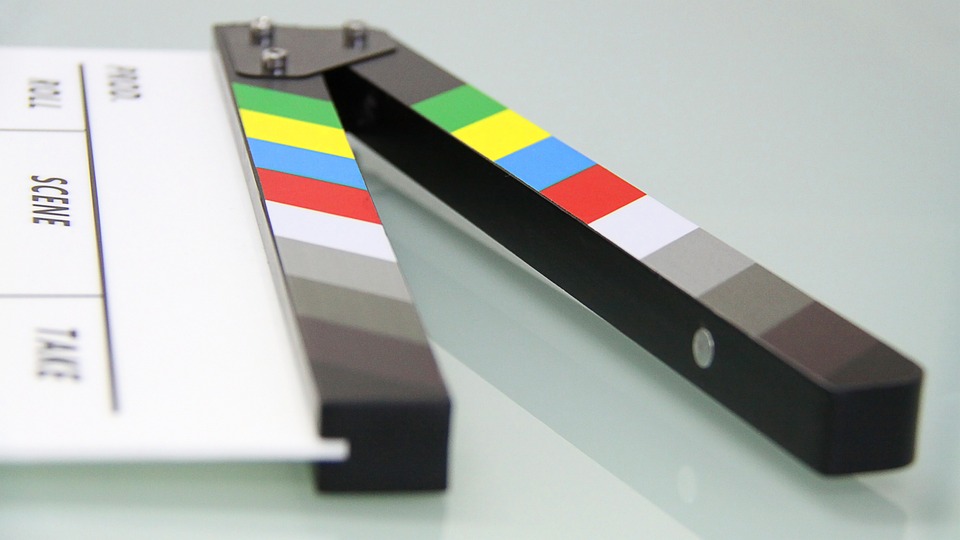Shattering Preconceptions: How Arab Cinema Subverts Stereotypes Through Authentic Portrayal of Sexual Connections
In recent years, Arab cinema has emerged as a powerful force not only in the Middle East but also on the international stage. With groundbreaking films that challenge stereotypes and delve into the complexities of sexual connections, Arab filmmakers have successfully shattered preconceptions and given voice to marginalized narratives.
For years, the Western world has often portrayed Arab communities as inherently conservative and repressive when it comes to sexuality. Arab cinema has emerged as a driving force in challenging these stereotypes by presenting authentic, nuanced portrayals of sexual relationships that reflect the diverse realities within Arab societies.
One such film that subverts stereotypes and explores the complex nature of sexual connections is “In Between” (2016), directed by Maysaloun Hamoud. The film centers around three Palestinian women living in Tel Aviv, navigating the contradictions between their traditional upbringings and their desires for personal freedom. It delves into themes of sexuality, friendship, and empowerment, challenging the notion that Islamic culture is inherently oppressive towards women.
Through its authentic portrayal of sexual connections, “In Between” challenges stereotypes surrounding Arab women’s sexuality. The film depicts the characters as multidimensional individuals with desires and agency, breaking away from the traditional narratives that often depict Arab women as submissive and devoid of sexual agency.
Another film that defies stereotypes is “A Son” (2019), directed by Mehdi Barsaoui. Set in Tunisia, the film explores the complexities of a couple whose lives are torn apart when their son is critically injured in a terrorist attack. While the film primarily focuses on the aftermath of the attack, it also delves into the couple’s struggles with intimacy and their attempt to rebuild their sexual connection amidst tragedy.
By addressing sexuality within the context of terrorism, “A Son” confronts the notion that Arab communities are solely defined by conflict and violence. The film portrays the couple as individuals with desires and needs, providing a refreshing perspective that showcases the universality of human experiences and emotions.
Arab cinema also challenges the stereotype that homosexuality is taboo within Arab societies. The film “The Bubble” (2006), directed by Eytan Fox, explores the lives of three young Palestinians living in Tel Aviv, struggling to reconcile their sexual identity with their cultural and familial expectations. The film sheds light on the hidden world of homosexuality within Arab communities, providing a sensitive and authentic portrayal of the challenges faced by LGBTQ+ individuals.
“The Bubble” subverts stereotypes by showing the diversity of experiences within Arab communities and highlighting the internal struggles faced by LGBTQ+ individuals. By humanizing their stories, the film challenges the notion that homosexuality is incompatible with Arab culture, encouraging viewers to question these preconceived ideas.
Arab cinema’s authentic portrayal of sexual connections not only challenges stereotypes but also opens a dialogue within Arab societies. These films have sparked conversations about sexual freedom, gender roles, and the importance of individual agency. By representing the complexities and diversity of Arab societies, these films promote understanding and empathy, ultimately breaking down long-held biases.
However, it is critical to recognize that the impact of these films should not be oversimplified. While they play a vital role in subverting stereotypes and portraying authentic sexual connections, they are still limited by the constraints of production platforms, censorship, and varying degrees of acceptance within Arab societies.
Arab cinema’s subversion of stereotypes through the authentic portrayal of sexual connections has undoubtedly made significant strides in challenging Western preconceptions. By providing a platform for diverse narratives and shedding light on the complexities of sexuality within Arab communities, these films have begun to redefine perceptions and promote a more nuanced understanding of Arab culture.
As Arab cinema continues to evolve and explore new territories, audiences can expect even more powerful and thought-provoking portrayals of sexual connections that dismantle stereotypes and contribute to a more inclusive and understanding world.
Finally, we would like to introduce you to an innovative platform dedicated to the study of sexuality in Arabic cinema.
Complying with international laws and regulations, our site offers a variety of film analyzes, from independent to mainstream, that provide a subtle insight into sexual themes in the Arab film industry. With a streamlined interface and simple search features, aflamaljins.com provides a safe, respectful and interactive environment for users. If you are intrigued by the intersection of Arab culture, sexuality and cinema, our website is a comprehensive and educational resource.
